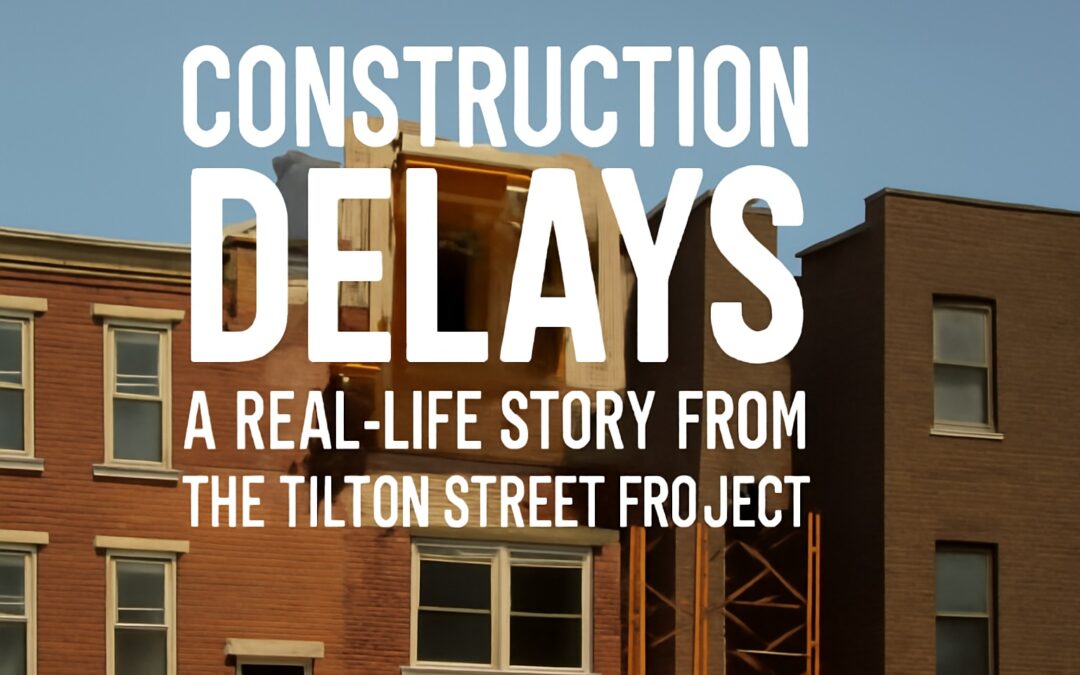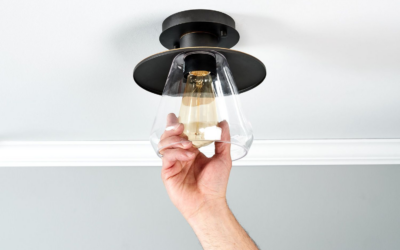When it comes to renovating a home, many homeowners tend to focus on the visual aesthetics of the project, such as choosing colors, textures, and materials. However, the technical aspects of a renovation project are just as important, if not more so. Electrical design is one of the most important parts of a home renovation project. It involves planning and implementing the electrical system and components of the home, including the wiring, outlets, switches, and light fixtures. A proper electrical design can improve the functionality, safety, and efficiency of a home, while a poor design can lead to electrical hazards, energy waste, and costly repairs.
In this article, we will explore the importance of electrical design in a Philadelphia home renovation project and what you need to know about the electrical design process.
The Importance of an Electrical Design in a Home Renovation Project
Let’s begin by briefly explaining the definition of electrical design. Electrical design is the process of creating a plan for the installation of the electrical system in a building, including the placement of outlets, switches, and other electrical components. It involves determining the power needs of the building, selecting the appropriate equipment, and ensuring that the system is installed in compliance with local codes and regulations. In Figures 1 and 2 you can see examples of an electrical design for a typical Philadelphia row house.
Figure 1: Electrical light layout for a typical row house in Philadelphia
Figure 2: Electrical receptacle layout for a typical row house in Philadelphia
An electrical design is crucial to ensuring the safety of the building and its occupants. A well-designed electrical system prevents electrical fires, which can be caused by overloaded circuits, poor wiring, or faulty equipment. In addition, an electrical design can help identify potential hazards, such as improperly grounded circuits or exposed wiring, which can be addressed before construction begins.
Additionally, not having an electrical design can lead to lower efficiency and higher energy costs. Without a clear plan for the electrical system, contractors may make mistakes, such as installing unnecessary outlets or light fixtures, which can increase energy usage and costs. An electrical design in a home renovation project can help optimize electricity use and reduce waste, ultimately saving money in the long run.
Therefore, without a proper electrical design, a successful renovation project is unlikely.
Problems with not Having an Electrical Design
If you still doubt the importance of having an electrical design in a home renovation project, you should pay close attention to this section.
Not having a well-planned electrical design can result in a wide range of potential risks and issues. Let’s take a closer look at some specific examples of the problems that can arise when renovating a property without an electrical design.
- Electrical hazards: Without a proper electrical design, there is a risk of electrical hazards that can lead to serious injury or damage to the property. For example, if the electrical wiring is not properly installed or grounded, it can result in electrical shock or electrocution. Additionally, if the electrical system is not properly protected with circuit breakers or fuses, it can lead to electrical fires.
- Inefficient electrical system: When an electrical system is not properly designed, it can result in an inefficient system that wastes energy and money. For example, if the electrical panel is not sized correctly, it can lead to electrical overloading and power surges, which can damage electrical devices and appliances. Additionally, if the lighting is not properly placed or designed, it can lead to dark areas that require additional lighting and wasted energy.
- Code violations: Without an electrical design, it can be challenging to ensure that the electrical system meets all necessary codes and standards. This can result in costly fines and delays in the construction process. For example, in Philadelphia, electrical codes require that all receptacles in kitchens and bathrooms are protected by ground-fault circuit interrupters (GFCIs). Failure to comply with this code can result in fines and project delays.
- Inconvenience: When an electrical system is not properly designed, it can result in inconvenience and frustration for the property owner. For example, without an electrical design, the outlets might be installed in inconvenient locations making it difficult to plug in electrical devices. Additionally, if the lighting is not designed to meet the specific needs and preferences of the property owner, it can result in frustration and dissatisfaction when the project is finished.
Therefore to avoid these problems, homeowners should work closely with licensed electricians and contractors with expertise in electrical design to ensure that their renovation project is properly planned and executed, with safety and compliance as top priorities.
Understanding Philadelphia Local Code
Similar to any other renovation project, understanding and complying with local code requirements is crucial in electrical design for a variety of reasons. Non-compliance can result in serious safety hazards, including electrical fires and shock hazards. Additionally, failure to comply with local codes can result in legal penalties, including fines and stop-work orders. It can also result in liability issues. If an electrical fire or other safety hazard occurs as a result of non-compliance, the homeowner may be held responsible and could face significant legal and financial consequences.
It is important to note that every city and state has its own electrical codes, which must be followed to ensure the safety and legality of the electrical system. The specific electrical code requirements in Philadelphia are outlined in NFPA 70, National Electrical Code (NEC). The local code covers everything from the type of wiring and electrical devices that can be used in a renovation project to the specific installation techniques and safety measures that must be followed.
Planning the Electrical Design
So far we have talked a lot about the importance of electrical design in a home renovation project but it is also important that you understand the plan before starting the electrical design process.
Before you start your home renovation project, you need to know everything you want in terms of electrical components. This includes the type and location of light fixtures, receptacles, switches, smoke detectors, appliances, and electronics you will be installing. Having a clear idea of what you want can help to avoid costly and time-consuming changes during the construction process. It can also help ensure that your electrical system is properly designed to meet your needs and preferences.
You will also need to identify the location of your electrical panel. Your electrical panel is the heart of your electrical system, and it is important to know where it is located. This will help you plan your wiring and determine the best routing for your electrical lines.
Finally, it is crucial that you have an electrical designer who understands the local codes when planning and drawing your electrical design. Every city and state has its own electrical codes, which must be followed to ensure the safety and legality of the electrical system. A qualified electrical designer will have a thorough understanding of the codes and can help ensure that your electrical system meets all requirements.
With that being said, Philadelphia has its own requirements regarding electrical service, smoke detectors, outlet space requirements, and wiring methods. Keep in mind, these specifications and requirements may differ in other cities outside of Philadelphia.
Conclusion
To wrap up, having an electrical design is essential for any construction or renovation project. It ensures safety, maximizes efficiency and prevents costly mistakes. By knowing what you want and having a qualified electrical designer who understands the local codes, you can ensure that your electrical system is safe, efficient, and tailored to your needs.
Matrix Company Solutions Corp. is a certified 203(k) contractor that provides home renovation services in the Philadelphia area. We have the experience and expertise to take you through the electrical design process while meeting your specific needs and ensuring your home is safe. Contact us via our FREE Consultation Service link for more information.



![Top 20 Reasons for Failing a Plumbing Inspection in Philadelphia [2025 Guide]](https://matrixgc.com/wp-content/uploads/2025/05/Common-issues-causing-failing-a-plumbing-inspection-in-Philadelphia.png)




0 Comments